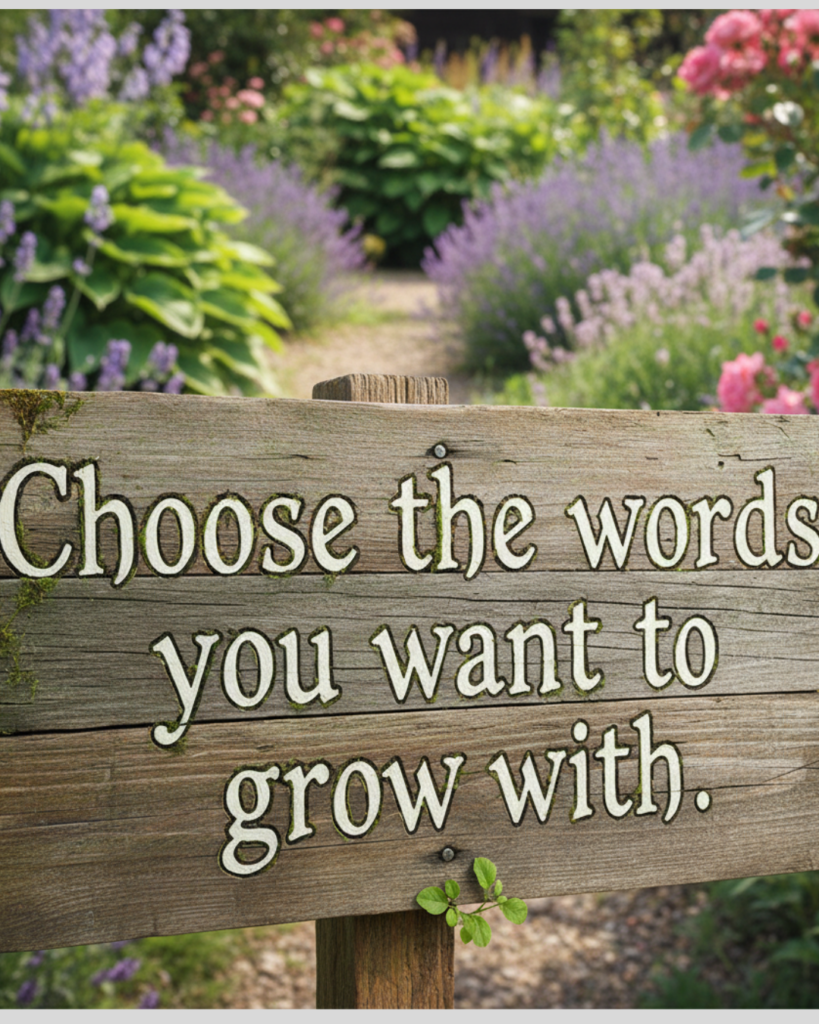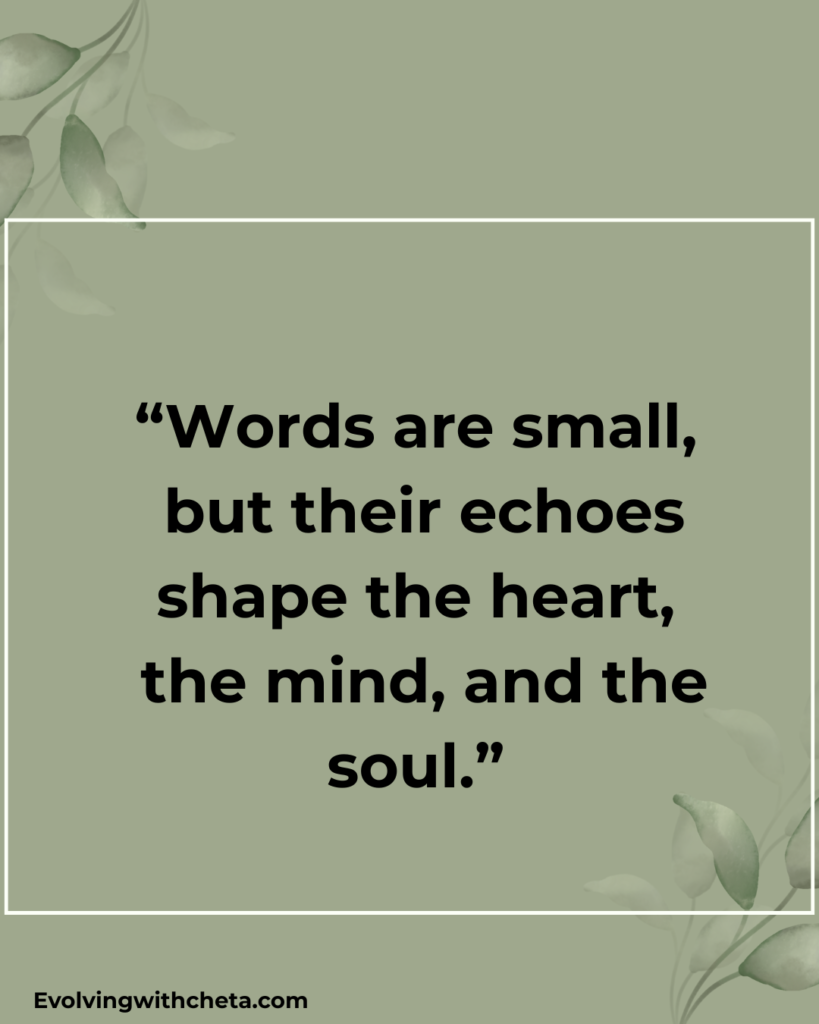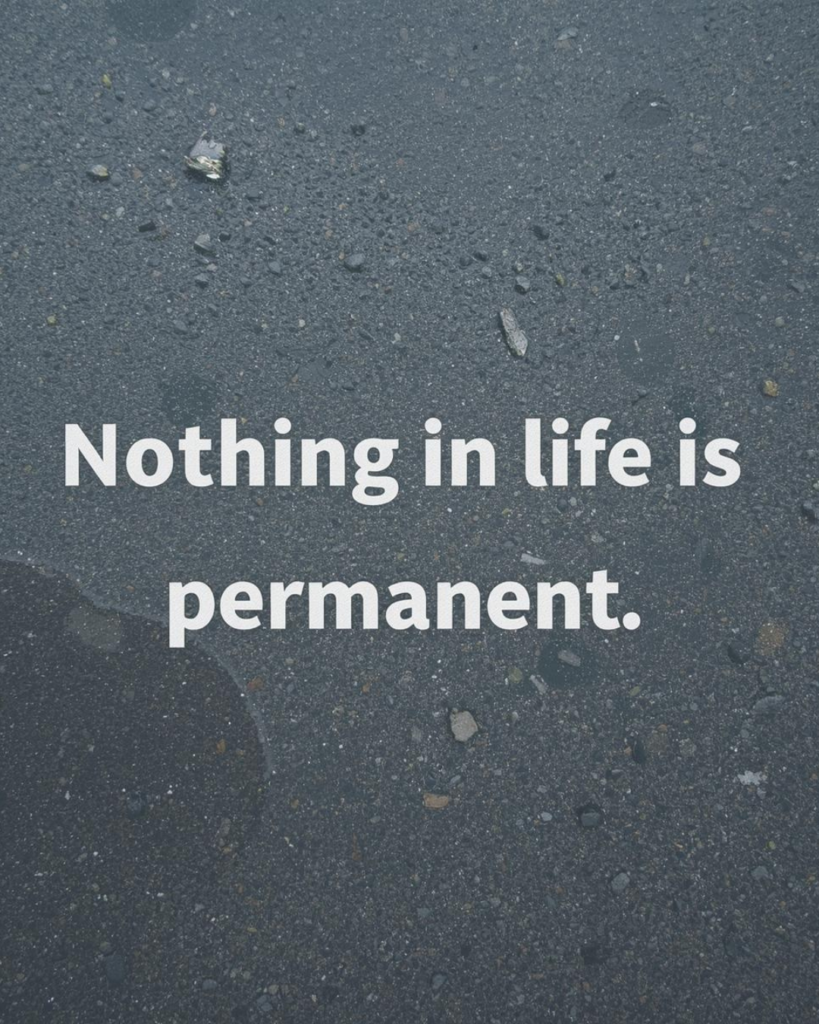Choosing the Words I Want to Grow With
Letting go is only half of the work. The other half—the quieter, more intentional part—is choosing what replaces what we release. I’ve been thinking about this a lot lately, especially in seasons of healing and unlearning. Because when something leaves our lives—a belief, a label, or a story we’ve carried—it doesn’t simply disappear. It leaves […]
Choosing the Words I Want to Grow With Read More »










